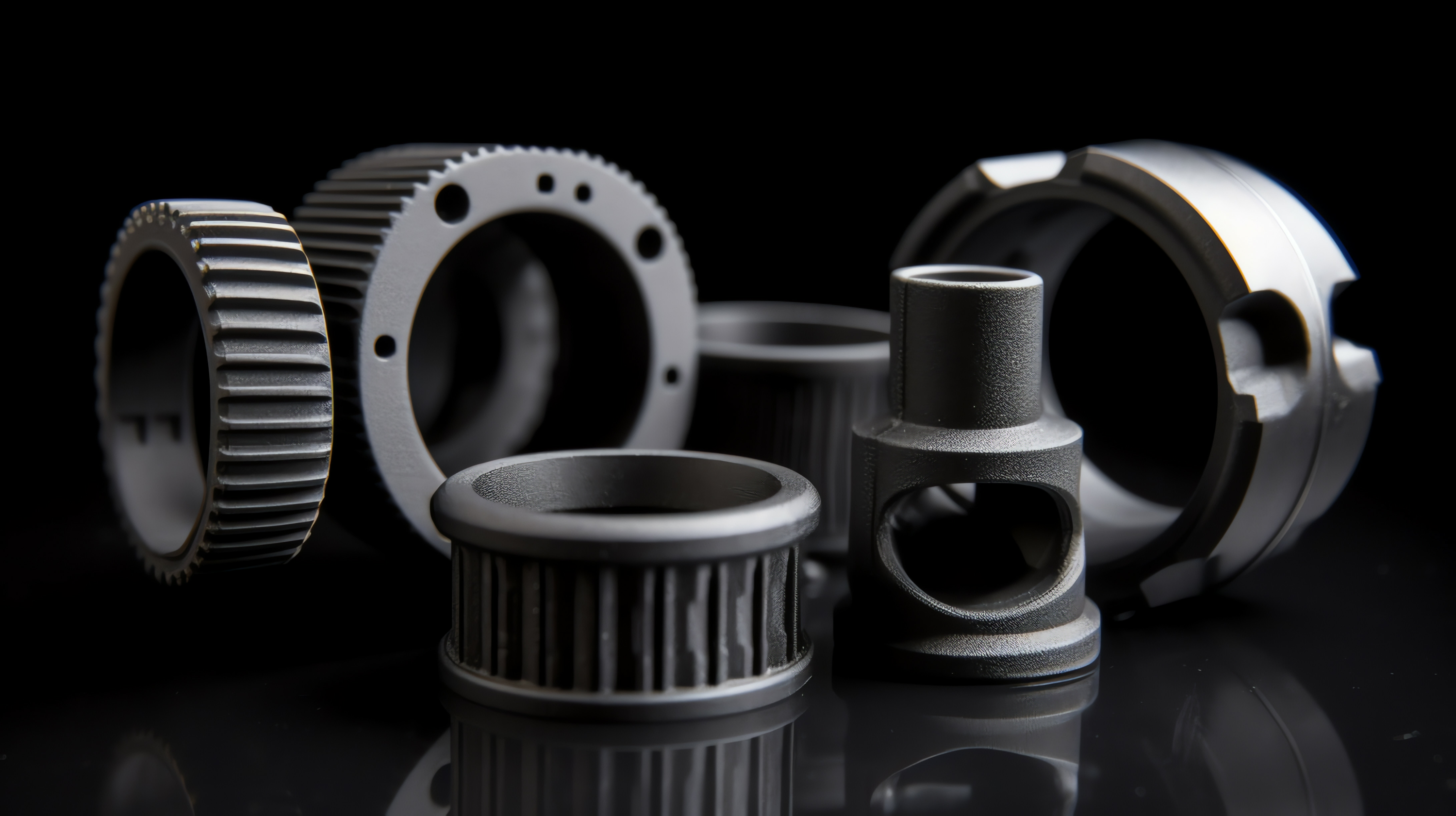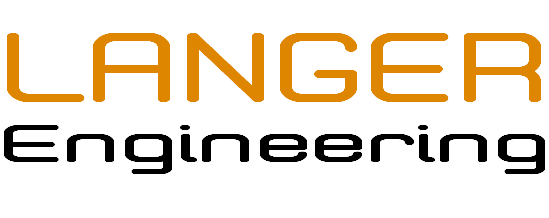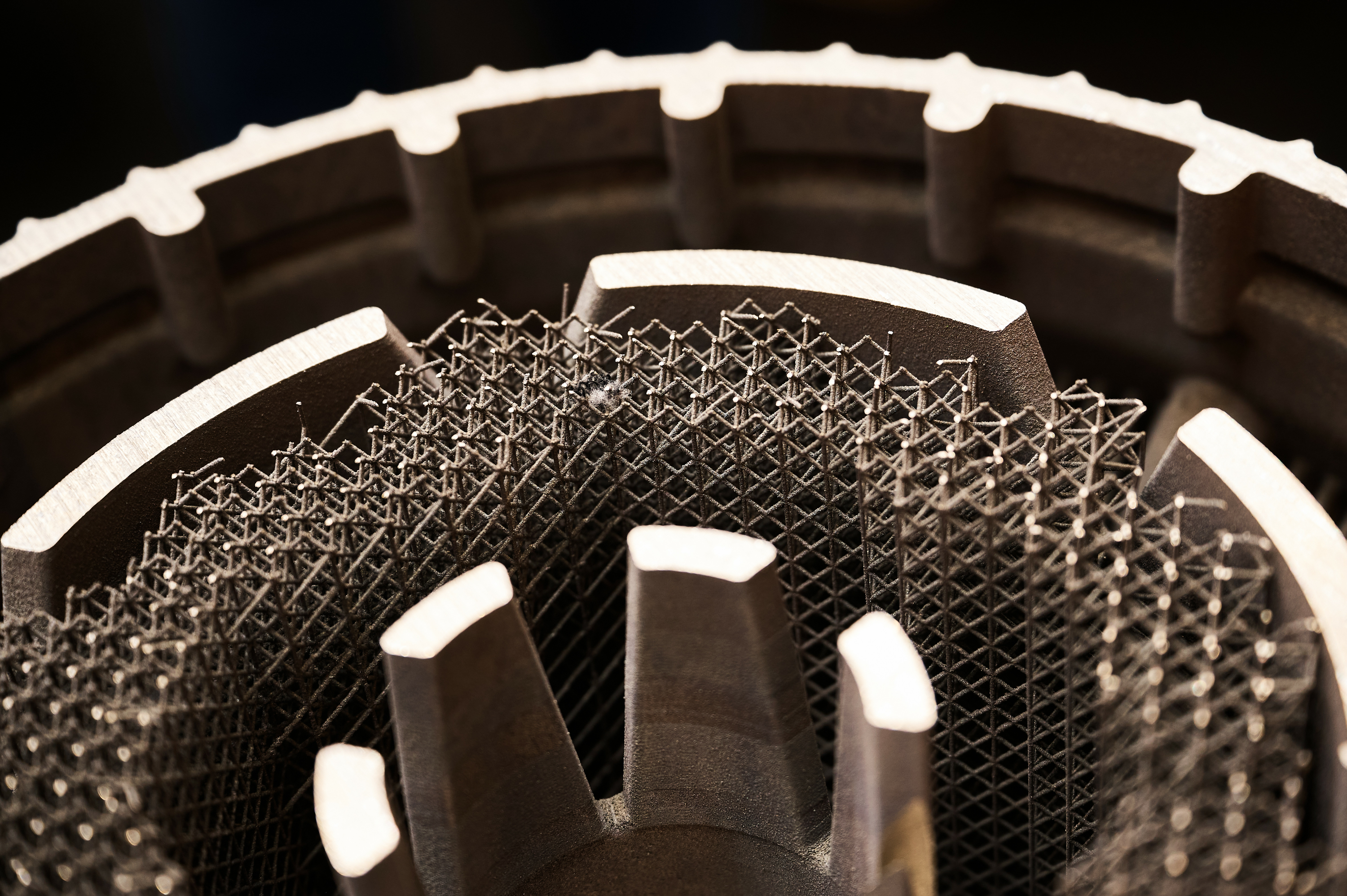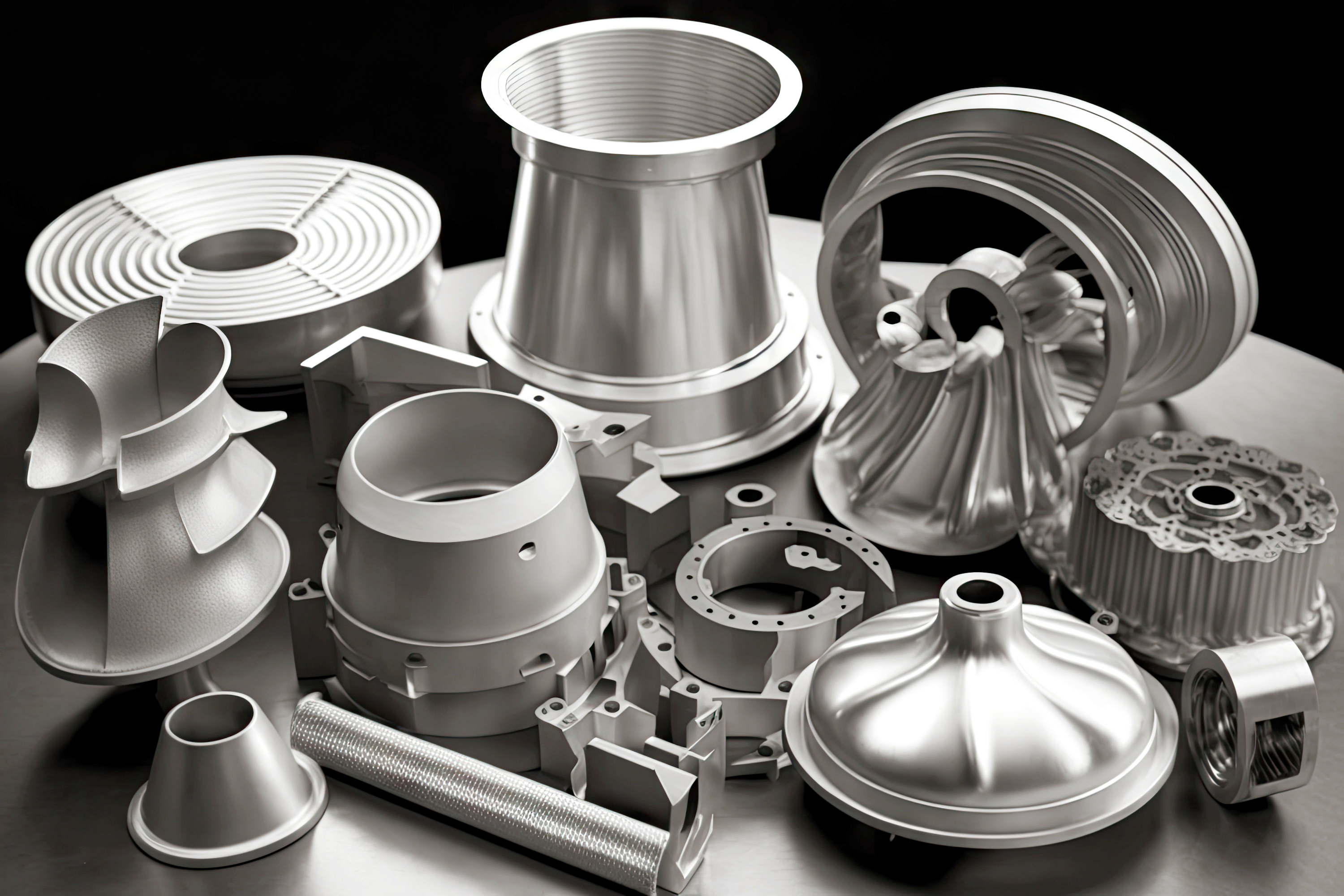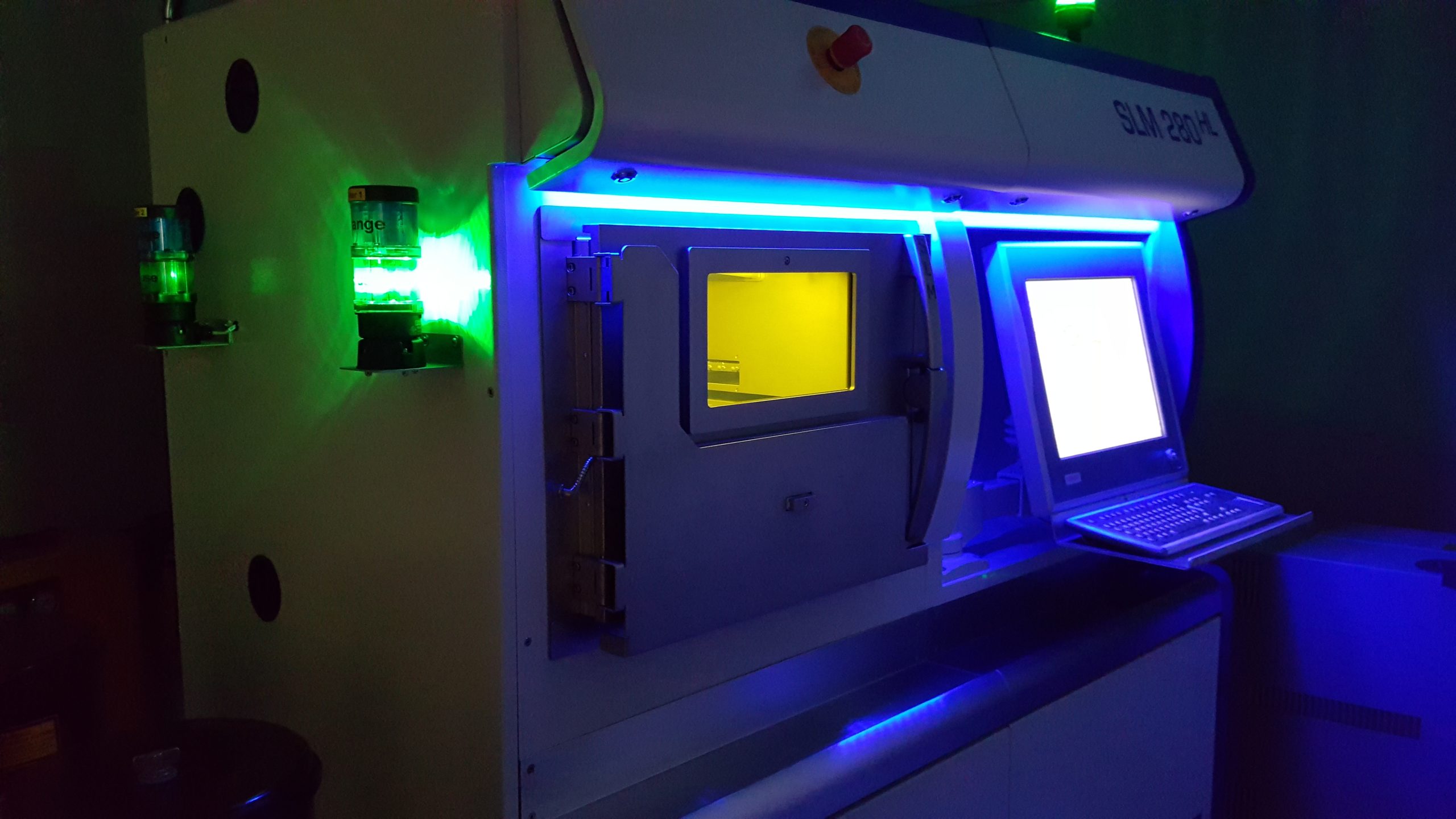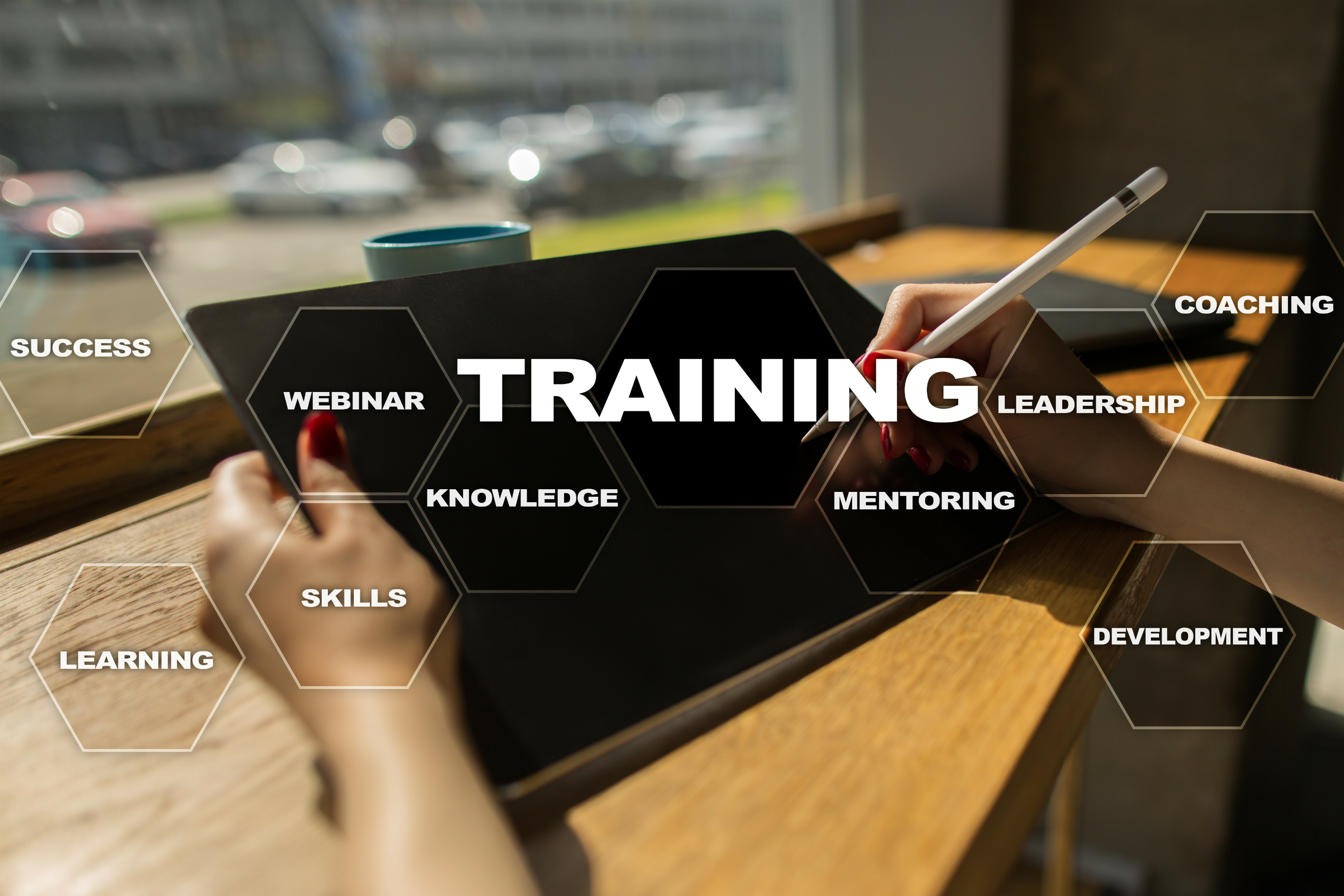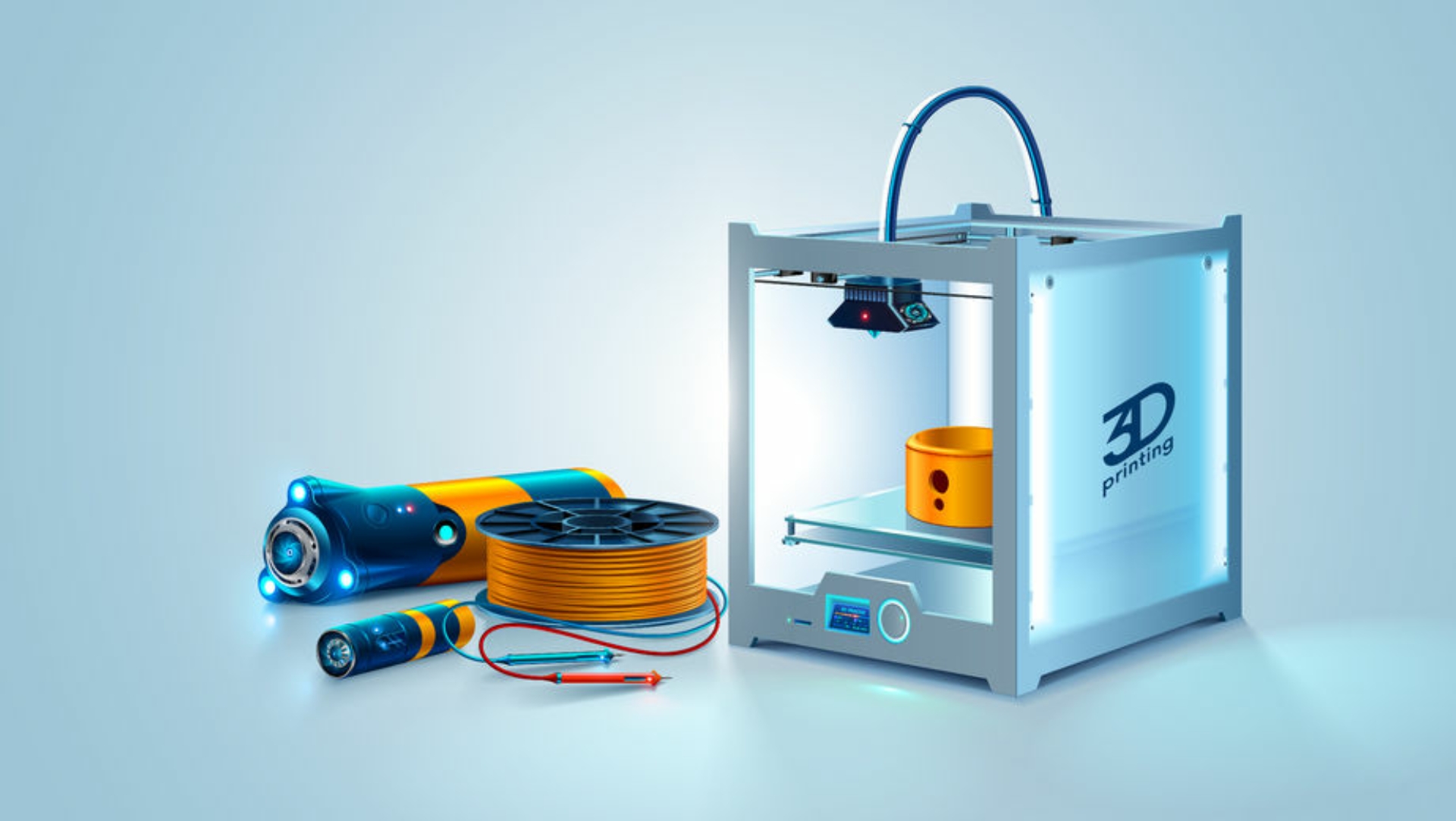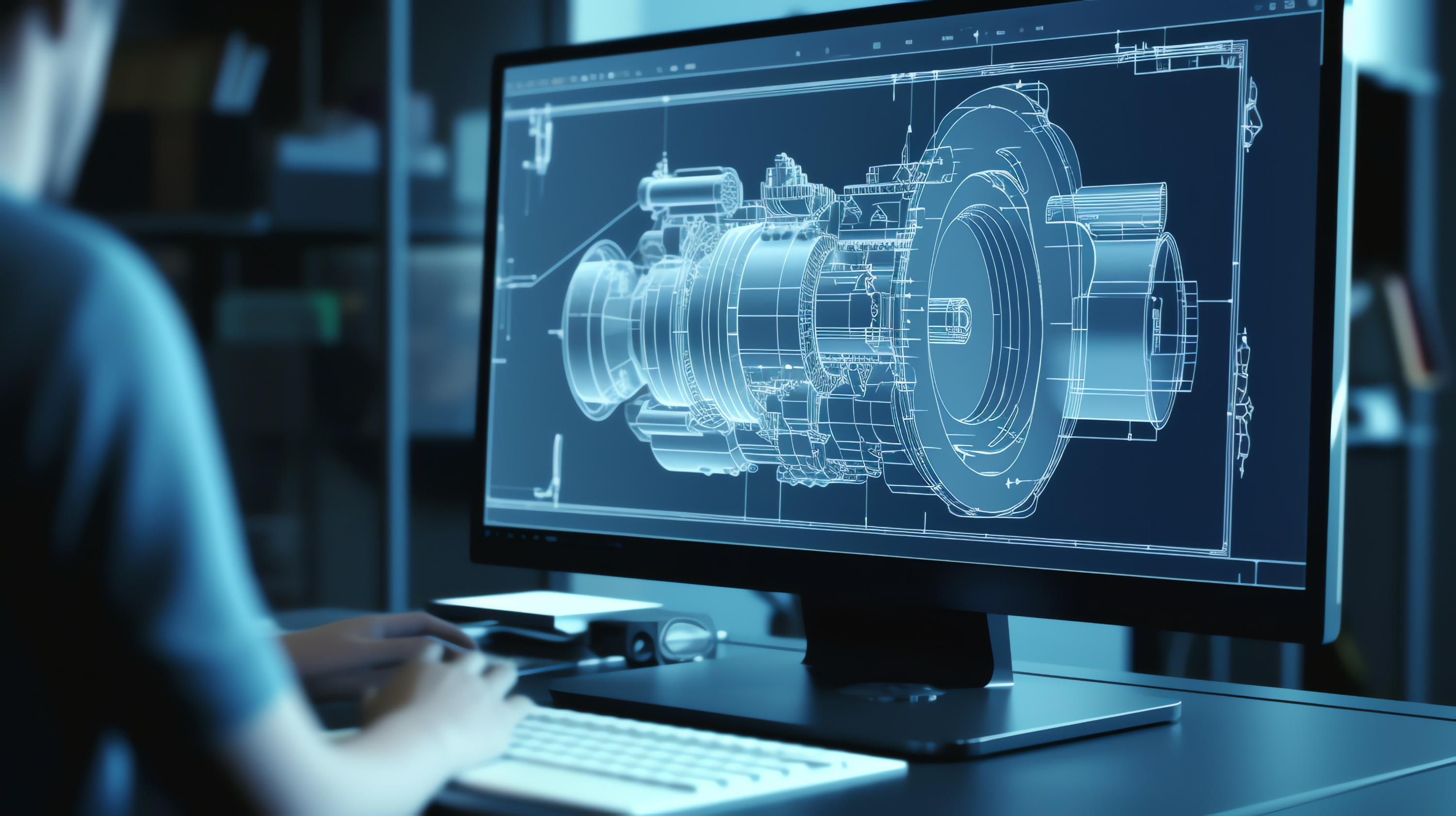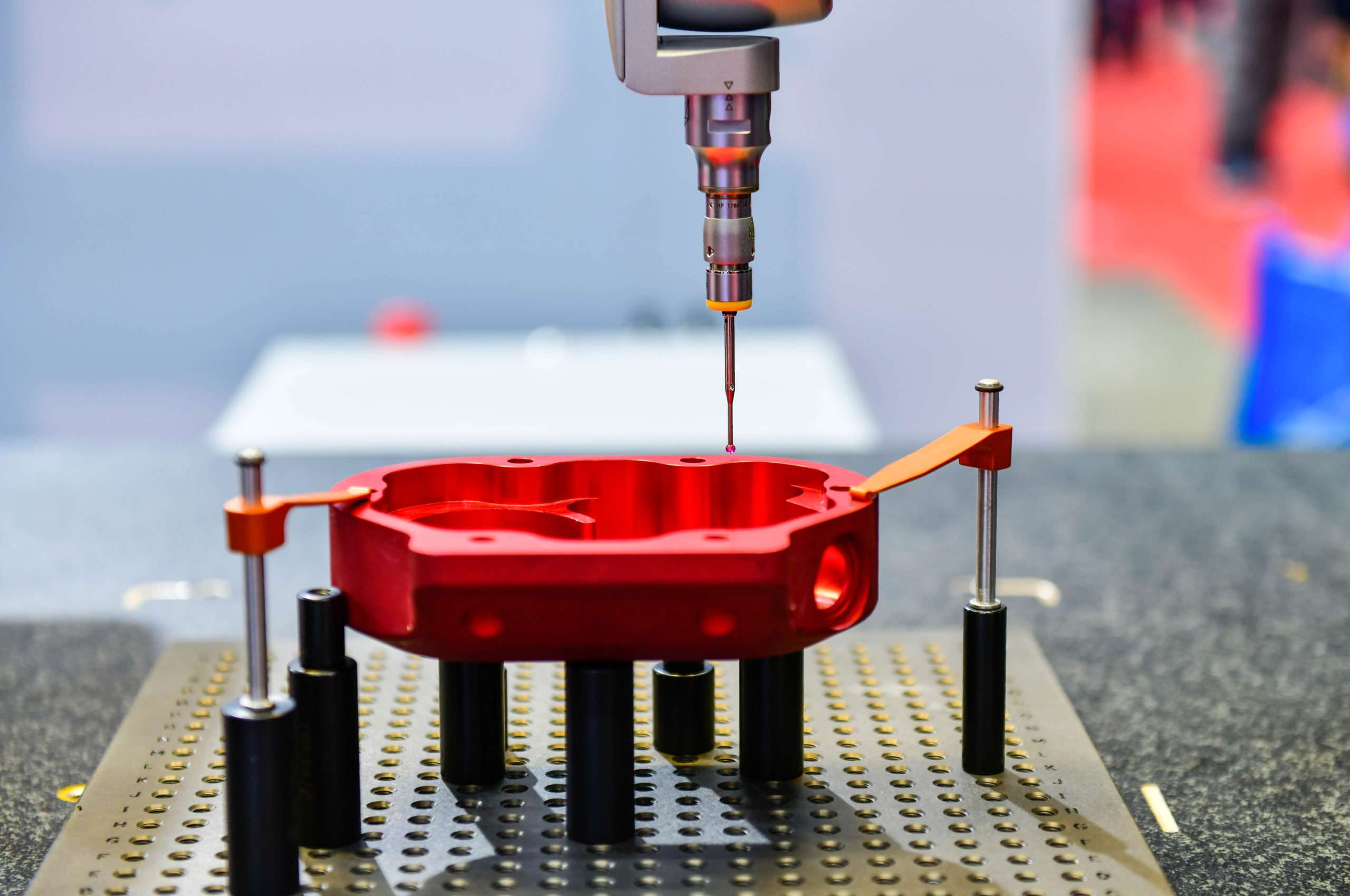
Parameter Development in Additive Manufacturing
Parameter development is a critical aspect of additive manufacturing (AM) that significantly impacts the quality, performance, and efficiency of produced parts. It involves the identification and optimization of various process parameters to achieve desired material properties and characteristics in the final product. As the demand for complex geometries and customized solutions grows across industries, mastering parameter development becomes essential for manufacturers looking to leverage the full potential of additive technologies.
Importance of Parameter Development
- Quality Control: Proper parameter development ensures that the produced parts meet stringent quality standards. By systematically adjusting and refining parameters, manufacturers can minimize defects, such as porosity and warping, which can affect the mechanical performance and durability of the final product.
- Material Optimization: Different materials exhibit unique behaviors during the additive manufacturing process. Parameter development allows engineers to tailor the printing parameters, such as laser power, scan speed, and layer thickness, to optimize the material’s properties. This includes achieving the right balance between strength, flexibility, and surface finish.
- Cost Efficiency: Effective parameter development can lead to reduced production costs by minimizing material waste and shortening build times. By optimizing the parameters, manufacturers can achieve faster production cycles without sacrificing quality, resulting in significant savings.
- Process Understanding: Parameter development fosters a deeper understanding of the relationships between various process parameters and the resulting material properties. This knowledge is invaluable for troubleshooting issues, making informed adjustments, and innovating new applications in additive manufacturing.
Methodologies for Parameter Development
Several methodologies can be employed to facilitate effective parameter development in additive manufacturing:
- Design of Experiments (DOE): This structured approach involves planning and conducting experiments to evaluate the effects of multiple factors on specific outcomes. By analyzing the results, manufacturers can identify significant parameters and their interactions, leading to optimized process settings.
- Factorial Design: A factorial design tests all possible combinations of a set of parameters, providing a comprehensive understanding of their effects on the final product. While this method can be resource-intensive, it yields valuable insights for parameter optimization.
- Response Surface Methodology (RSM): RSM uses statistical techniques to fit a mathematical model to the relationship between process parameters and output characteristics. This approach enables manufacturers to predict how changes in parameters will impact the properties of the printed parts, streamlining the optimization process.
- Iterative Testing: Parameter development often involves iterative cycles of testing and refinement. By systematically adjusting one or more parameters and analyzing the results, manufacturers can gradually hone in on the optimal settings for a specific application.
Applications of Parameter Development
Parameter development has wide-ranging applications across various industries, including:
- Aerospace: In aerospace manufacturing, stringent safety and performance standards require precise control over material properties. Parameter development enables the production of lightweight yet strong components critical for aircraft performance.
- Medical Devices: The medical industry benefits from additive manufacturing by producing customized implants and prosthetics. Parameter development ensures that these devices meet regulatory standards while achieving the necessary biocompatibility and mechanical properties.
- Automotive: The automotive sector utilizes additive manufacturing for rapid prototyping and the production of complex components. Effective parameter development allows for faster production cycles and improved part performance in challenging conditions.
- Tooling and Fixture Production: Parameter development plays a vital role in producing tools and fixtures with high accuracy and durability. Optimizing the parameters helps in achieving parts that withstand the demands of manufacturing processes.
Conclusion
In conclusion, parameter development is a foundational element of successful additive manufacturing. It encompasses a range of methodologies and practices aimed at optimizing the process to achieve high-quality, cost-effective products. As the industry continues to evolve, a thorough understanding of parameter development will be crucial for manufacturers striving to remain competitive in a rapidly changing landscape.
For organizations looking to enhance their additive manufacturing capabilities, investing in parameter development expertise and resources can lead to significant advancements in product quality, operational efficiency, and innovation.
Metallurgical Testing and Parameter Development Services
Service Benefits
- Machine Performance Analysis: Identify areas for optimization to enhance efficiency.
- System Optimization: Fine-tune processes for superior part quality.
- Support Until Parameter Requirements Are Met: Continuous assistance until goals are achieved.
- On-Site and Remote Service: Flexible service delivery based on your needs.
- Advanced Parameter Setup: Expert guidance for cutting-edge parameter configurations.
- Enhanced Productivity: Streamline operations to increase throughput and reduce costs.
- Compliance with Regulations: Ensure adherence to industry standards.
- Improved Part Quality: Optimize performance for higher quality outputs.
- Increased Productivity: Achieve cost savings and time reductions in production.
Metallurgical Material Science Services
At Langer Engineering, we offer comprehensive metallurgical services tailored for 3D-printed parts. Our expertise encompasses a range of testing methods designed to ensure the quality, performance, and reliability of additive manufactured components. The following services are integral to our metallurgical analysis:
Density and Porosity Testing
Density and porosity testing is a crucial method for evaluating the amount of voids within a material. In additive manufacturing, the density of a part significantly influences its mechanical properties, such as strength and stiffness. By analyzing the results of density and porosity tests, we can identify areas for improvement in the production process. For instance, if a part’s density is found to be too low, we can recommend adjustments to process parameters to enhance the quality of the final product.
Surface Finish Testing
Surface finish testing measures the smoothness of a part’s surface, which is vital for its performance characteristics, including wear resistance and corrosion resistance. The selection of the testing method depends on the specific requirements of the application. While Ra (average roughness) is commonly used for general surface roughness measurement, Rz (average maximum height of the profile) may be more suitable for parts with finer surface irregularities. The outcomes of surface finish testing help inform adjustments to improve quality. If surface roughness is deemed excessive, modifications to the process parameters can enhance the final surface quality.
Structural Testing
Structural testing assesses the strength and stiffness of a part, critical factors that determine its ability to withstand various loads and stresses. The choice of testing method will depend on the application. For example, tensile testing is typically employed for evaluating the tensile strength of materials, while compression testing is more appropriate for parts designed to resist compressive forces. Results from structural testing are instrumental in identifying weaknesses in a part. If strength levels fall short, we can recommend parameter adjustments to enhance structural integrity.
Non-Destructive Testing (NDT)
Radiography and computed tomography (CT) are both advanced non-destructive testing methods employed to inspect additive manufactured parts for internal defects. Radiography utilizes X-rays to produce images of a part’s internal structure, allowing us to identify issues such as cracks, voids, and inclusions. CT, a more sophisticated form of radiography, creates detailed three-dimensional images by taking multiple X-ray scans from different angles. This technique offers a more comprehensive examination of internal structures. While both methods effectively detect defects, CT is often favored for its accuracy and versatility.
Micrography Testing
Micrography testing involves the examination of a material’s microstructure, providing insights into its properties, including strength, stiffness, and biocompatibility. This analysis is essential in additive manufacturing, where microstructural characteristics can significantly impact the performance of the final part. The results of micrography testing can indicate whether the microstructure aligns with expectations. If discrepancies are observed, adjustments to the process parameters may be recommended to achieve the desired material properties.
Measurement Procedures
We implement several measurement procedures to ensure comprehensive analysis and assessment of additive manufactured parts:
- Density & Structure: Measurements to evaluate material density and structural integrity, identifying potential porosity and voids.
- Tensile & Fatigue Testing: Assessments that measure the tensile strength and fatigue resistance of materials, ensuring that parts can endure operational stresses.
- Micrography: Detailed examination of the microstructure to analyze grain size, phase distribution, and other critical material characteristics.
- Chemical Analysis: Evaluation of material composition to ensure conformity with required specifications and standards, crucial for performance and safety.
- Radiography & CT: Non-destructive testing methods used to visualize internal structures, revealing defects such as cracks and inclusions without compromising the part.
Conclusion
Through our comprehensive metallurgical material science services, Langer Engineering is committed to helping clients optimize their additive manufacturing processes. Our extensive testing capabilities enable us to provide valuable insights that drive improvements in quality, performance, and reliability for 3D-printed parts. Contact us today to learn how our metallurgical expertise can benefit your projects.
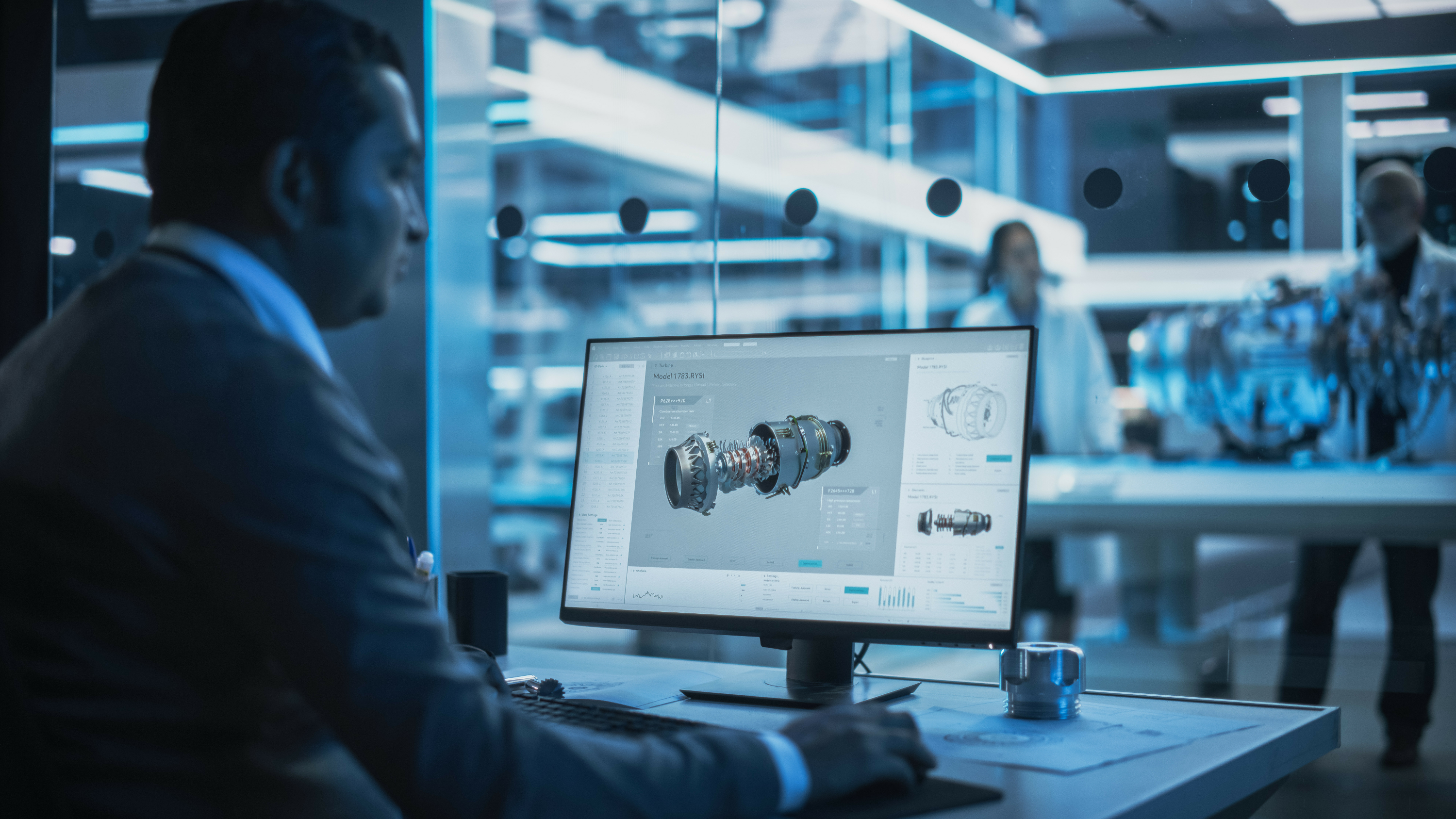
Contact Us today for a free consultation
Additional Additive Manufacturing Services
AM Consulting
Metal 3D-Printing
At Langer Engineering, we provide comprehensive metal 3D printing services that cater to a wide range of needs, from rapid prototyping to high-volume production. Our expertise encompasses a variety of materials, including stainless steel, titanium, aluminum, cobalt chrome, Inconel, and more. We assist you throughout the entire metal additive manufacturing process, ensuring that every aspect—from initial design to final production—is handled with precision and care. Our goal is to deliver high-quality parts that meet your specifications while optimizing efficiency and reducing production times, enabling you to stay competitive in a rapidly evolving market.
read moreMachine Service & Engineering
Langer Engineering specializes in selective laser melting (SLM) machine service and engineering, leveraging over 20 years of expertise in SLM/DMLS printing. Our team of skilled engineers is dedicated to providing top-notch support tailored to your specific needs. We focus on reducing machine downtime, enhancing the quality of your printed parts, and optimizing your production processes. Whether you require maintenance, troubleshooting, or consulting on best practices, we are here to assist you every step of the way, ensuring your projects are successful and your operations run smoothly.
read moreAM Training
Additive manufacturing (AM) is a transformative technology that is reshaping various industries, but it also presents unique challenges. Proper training for operators and engineers is essential to harness the full potential of AM equipment effectively. At Langer Engineering, we offer comprehensive operator and safety training programs tailored to the specific needs of the additive manufacturing landscape. Our training equips participants with critical skills and knowledge to operate AM equipment safely and efficiently, ensuring optimal performance and compliance with industry standards. With our expert-led sessions, we empower your workforce to navigate the complexities of AM technology confidently and proficiently.
read more3D Printer Shop
Shopping with us at our 3D printer shop means gaining access to a comprehensive selection tailored to meet all your 3D printing needs. We proudly offer a diverse range of 3D printers, catering to everyone from hobbyists seeking entry-level models to professionals in need of industrial-grade machines. Our extensive inventory also includes high-quality 3D printing supplies such as filament, resin, and build plates. Additionally, we provide essential optical supplies, precision pumps, and advanced laser systems to enhance your printing capabilities. With our knowledgeable staff ready to assist, you can find the right products and receive expert guidance, making your shopping experience efficient and enjoyable. Whether you’re upgrading your current setup or starting from scratch, we have everything necessary for successful printing projects.
read moreCAD Design
Our CAD design services leverage advanced computer-aided design technology to help you create, modify, analyze, and optimize product or system designs. Utilizing cutting-edge CAD software, we provide professional support for engineers, architects, and product designers, enabling them to produce intricate 2D and 3D models tailored to their specifications. Our expertise ensures that your designs are not only functional but also efficient, enhancing the overall quality of your projects while meeting industry standards and requirements. Whether you need rapid prototyping or detailed engineering, our CAD services are designed to meet your needs effectively.
read more